The Emirates Identity Authority’s employees participated in 147 training programs in 2011 as part of the Emirates Identity Authority’s keenness on developing its human resources, upgrading its services and developing the skills of its employees in the different job categories, according to Kkawala Mohammed Al Tayer, HR Director at the Emirates Identity Authority.
In an exclusive statement to Kawader Magazine in its 2nd edition issued today, Al Tayer said the Emirates Identity Authority focused last year on investing in its employees by increasing their level of competency under the accelerated pace of the Emirates Identity Authority’s work and the growing responsibility for completing the population register system and the ID card project. This reflected on the increase in number of training courses which the Emirates Identity Authority’s employees participated in from 31 in 2010 to 147 in 2011, she added.
Development, training and sound planning of human resources are the cornerstone for achieving the strategic objectives of the Emirates Identity Authority, she said, adding that the Emirates Identity Authority is keen on providing its human capital with the knowledge, aptitudes, skills and expertise necessary for discharging the assigned tasks in its different departments most satisfactorily with the aim of enhancing job stability, thereby helping the Emirates Identity Authority develop and innovate and hence achieve corporate excellence and the highest quality levels in the long run.
The human capital is the main pillar for implementing plans and strategies in the short term and long term, she said, noting that the Emirates Identity Authority organized 85 courses for its employees in 2011 and nominated its employees to benefit from 63 external training courses organized by ministries and federal entities across the UAE.
The training programs focused on motivation towards excellence, quality of government services, scientific and practical techniques for detecting forged documents, cheques and signatures, and modern techniques of regulating and simplifying procedures, in addition to the skills of dealing with superiors and subordinates, time and self management, work pressures, and social etiquette.
The internal and external training programs saw the participation of around 1,420 employees from the different departments of the Emirates Identity Authority, be they leading, supervisory, executive or specialized.
Al Tayer pointed out that the external courses allowed an opportunity for the Emirates Identity Authority’s employees to exchange expertise with many distinguished government departments and organizations including the Ministry of Cabinet Affairs, Abu Dhabi Police General Headquarters, Department of Finance, National Bureau of Statistics, Federal Authority for Government Human Resources etc.
Direct Objectives
The general objectives of training materialized in 5 basic elements, these being the techniques, expertise, orientations, skills and knowledge, Al Tayer said.
Al Tayer explained that these elements concentrated on providing the convenient scientific techniques that enabled the trainee to use knowledge and skills to develop their performance of the current and future job and improve their awareness of the job data and conditions and the productive efficiency determiners. The elements also concentrated on providing the trainee with intensive expertise through passing the experiences and expertise of the participating training staff members and superiors for intensifying and accelerating learning, she added.
Indirect Objectives
Al Tayer clarified that the training course had indirect objectives which included improving and raising the level of production from the quantitative and qualitative viewpoints, reducing the absence rate of employees, lowering the costs of work and maintaining the equipment.
The indirect objectives of training courses were also aimed at increasing the employees’ job satisfaction level by responding to their material needs, reducing their psychological pressures, developing the employee’s feeling of affiliation to the organization, ensuring self-realization for ambitious employees and adapting to technological changes in management.
311 promotions
Al Tayer pointed out that the Emirates Identity Authority promoted 311 employees who underwent training courses and programs in 2011within the supervisory, executive and specialized job categories. These promotions clearly demonstrated that the training courses and programs that the Emirates Identity Authority’s employees underwent actually contributed to improving their performance and this reflected positively on the Emirates Identity Authority’s general performance, she said.
Al Tayer believed that the promotion of those employees clearly showed that the training courses and programs which the Emirates Identity Authority concentrated on succeeded in upgrading the performance of its employees as part of its endeavor to seek the best customer service, this being an objective that is hard to achieve without preparing the employees to reach this goal.
Al Tayer affirmed that all the training courses that the Emirates Identity Authority underwent showed that the employees benefited from these programs by 12 to 20 per cent over the targeted values of those courses. This would give the training programs another dimension of success to be added to the Emirates Identity Authority’s record in general and that of the employees in particular.
Latest Posts
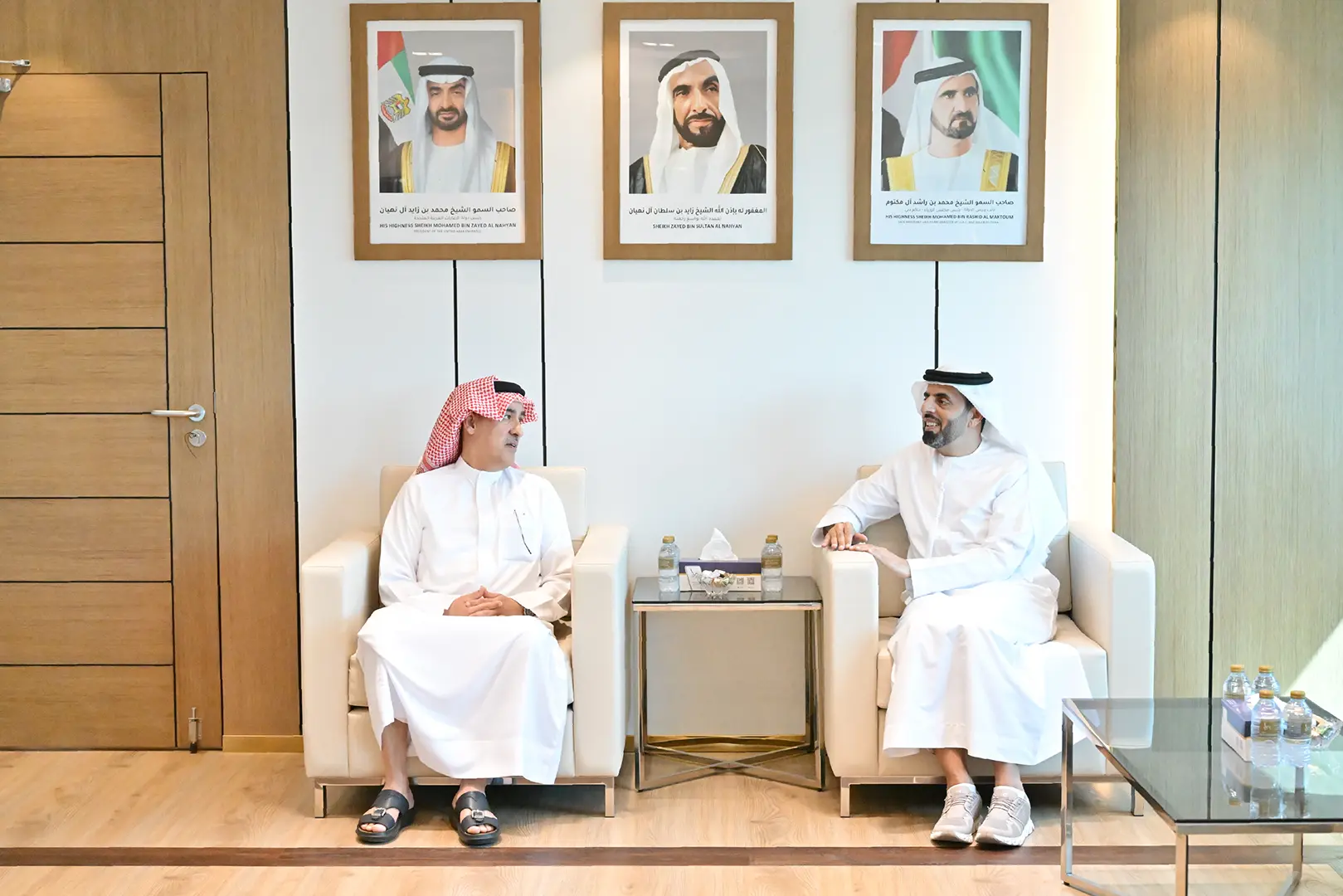
ICP Discusses the “Single Point” Passenger Project with a Bahraini Delegation

ICP Participates in the World Governments Summit 2026 with a High-Level Delegation
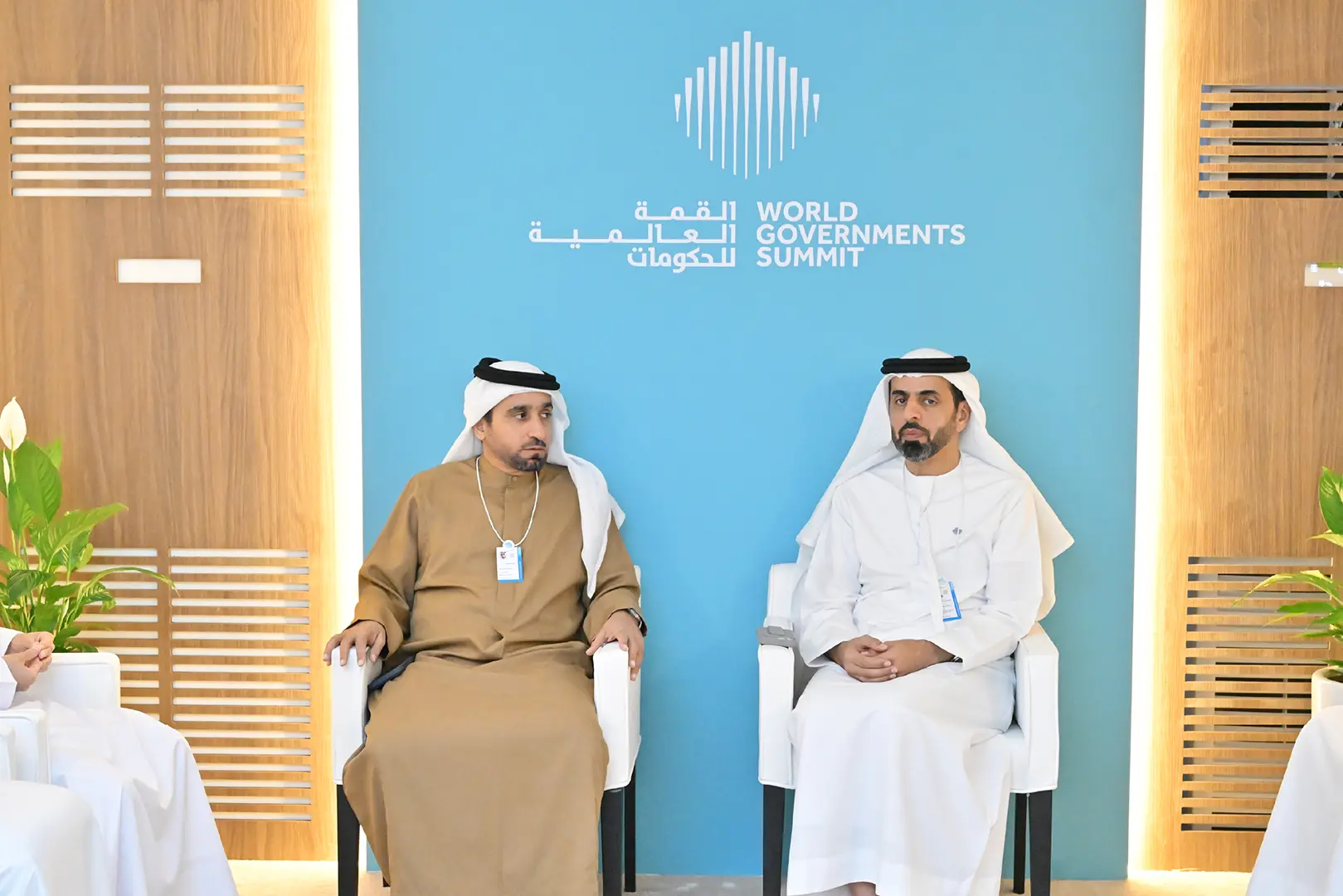
The Director General of ICP Discusses the Development of Digital Services with Senior Officials
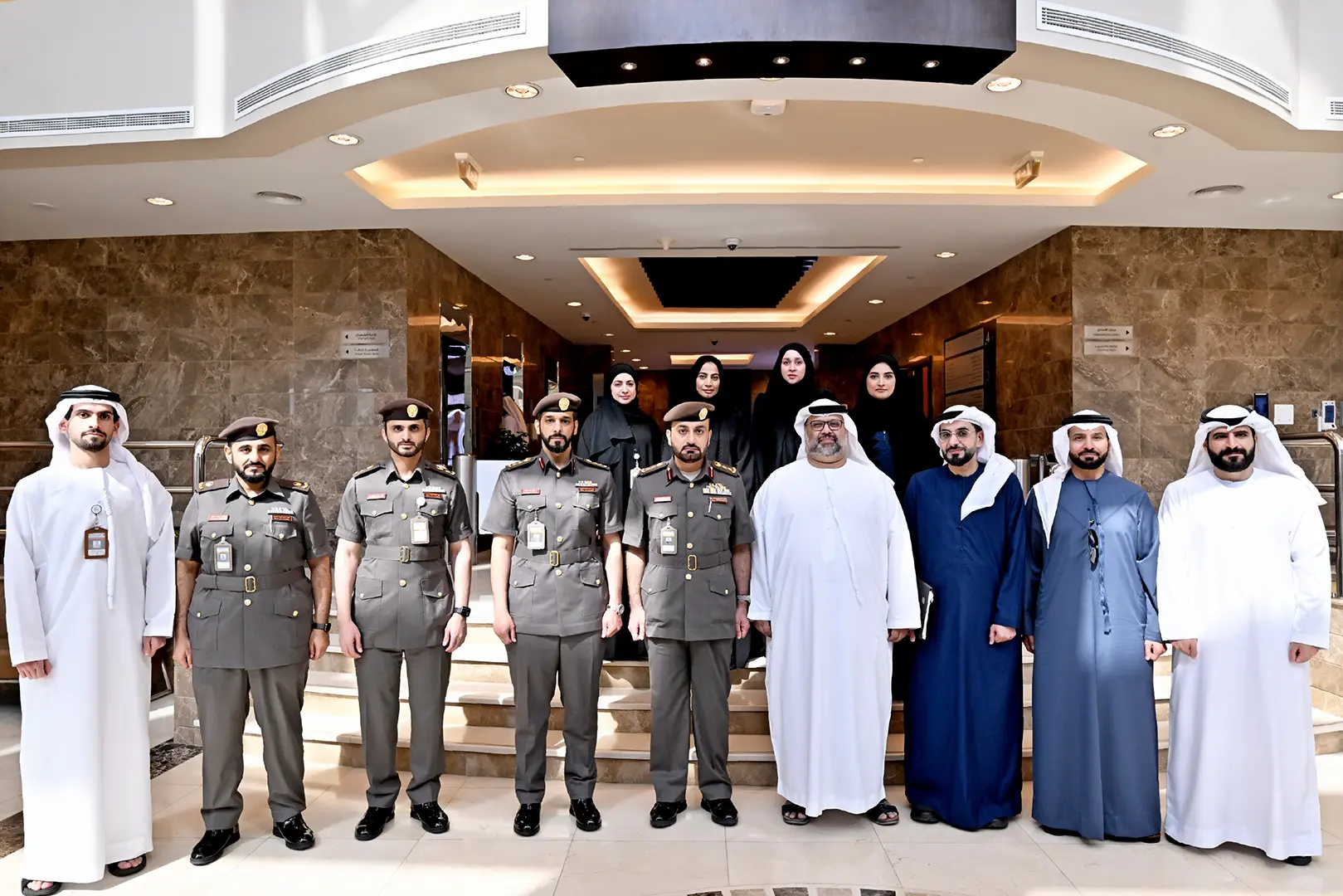
ICP Exchanges Governance Best Practices with the National Center of Meteorology
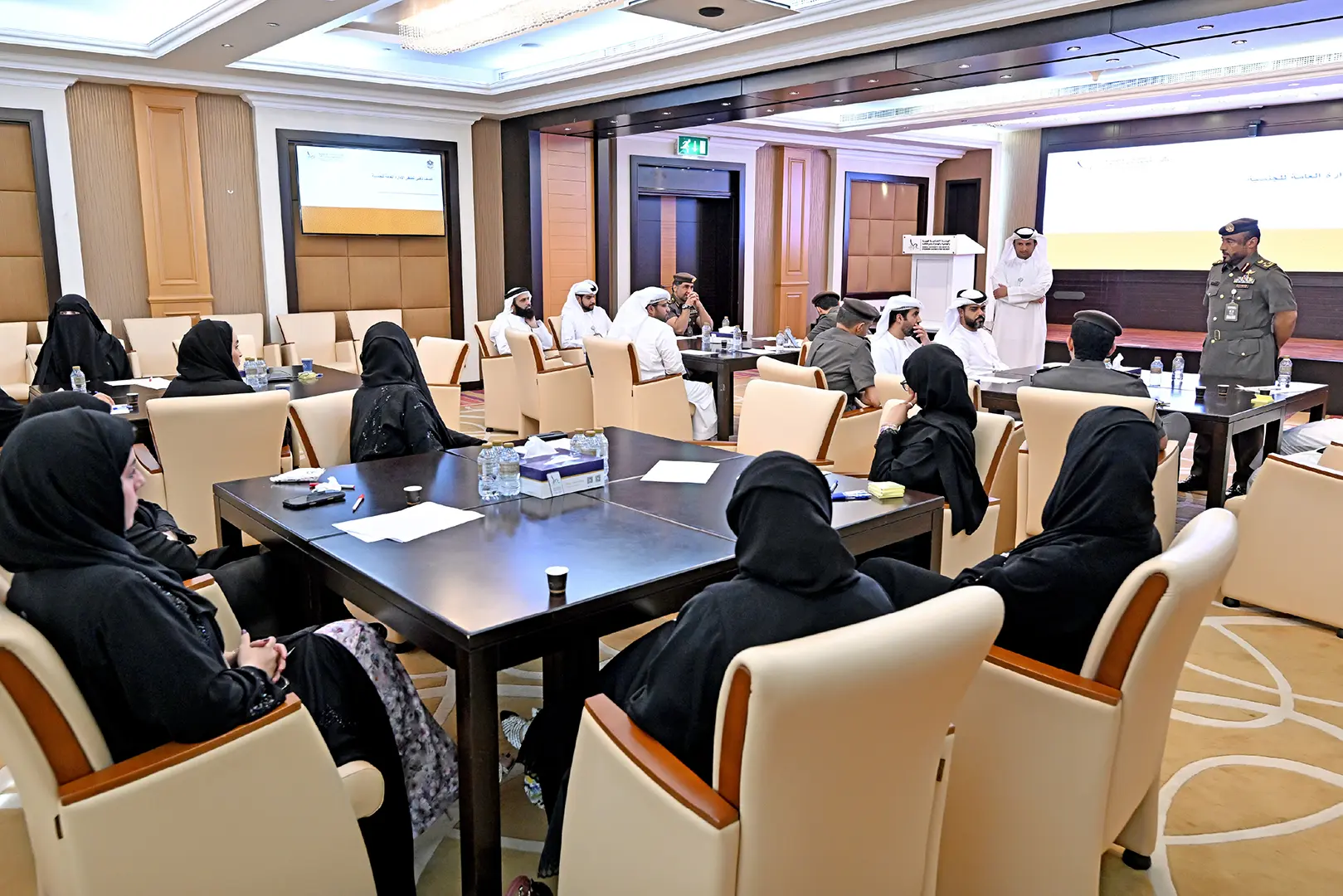
General Directorate of Nationality Discusses Work System and Staff Forum
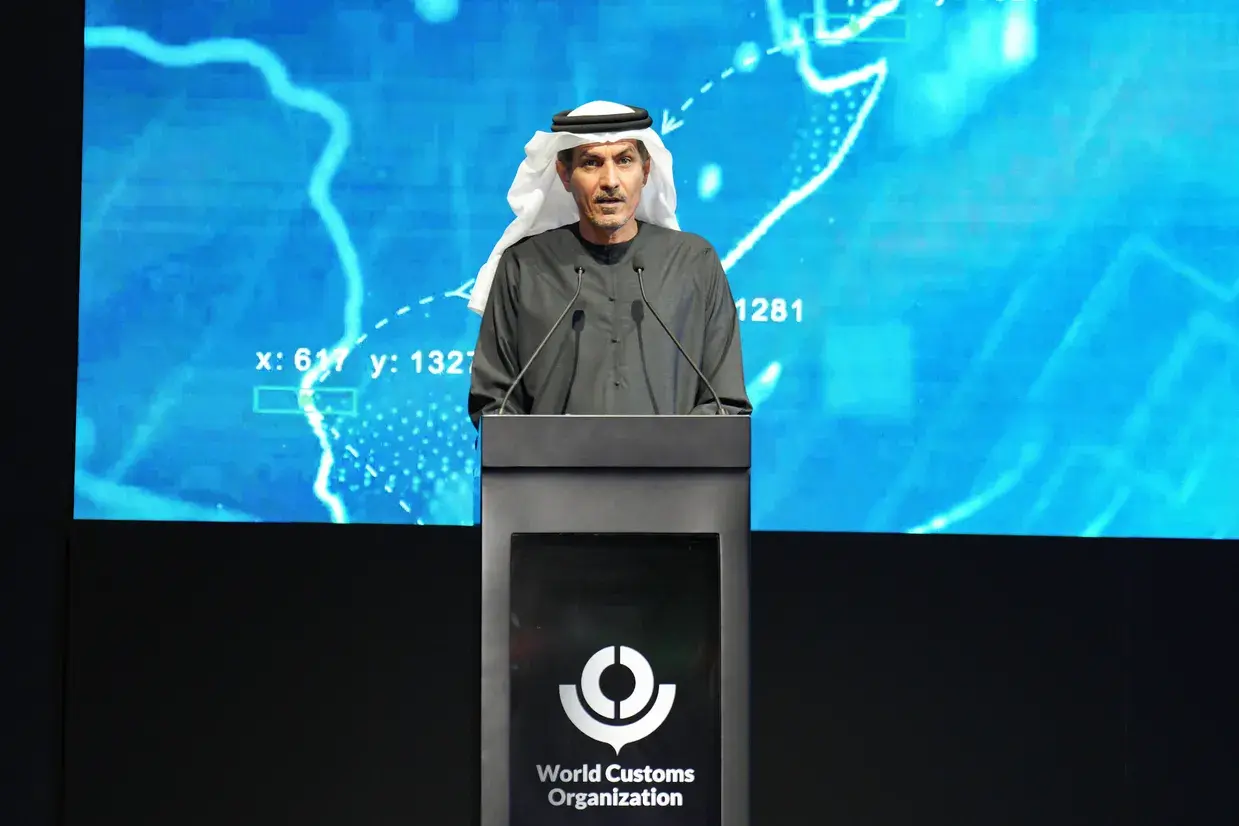

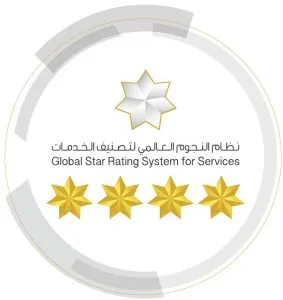
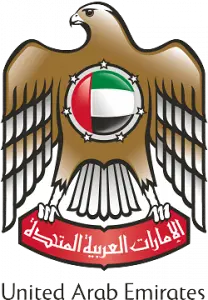
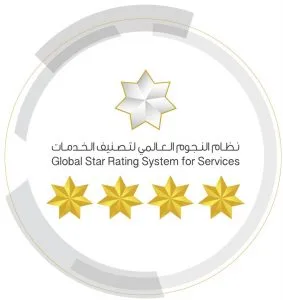

 German
German Portuguese
Portuguese French
French Russian
Russian Chinese
Chinese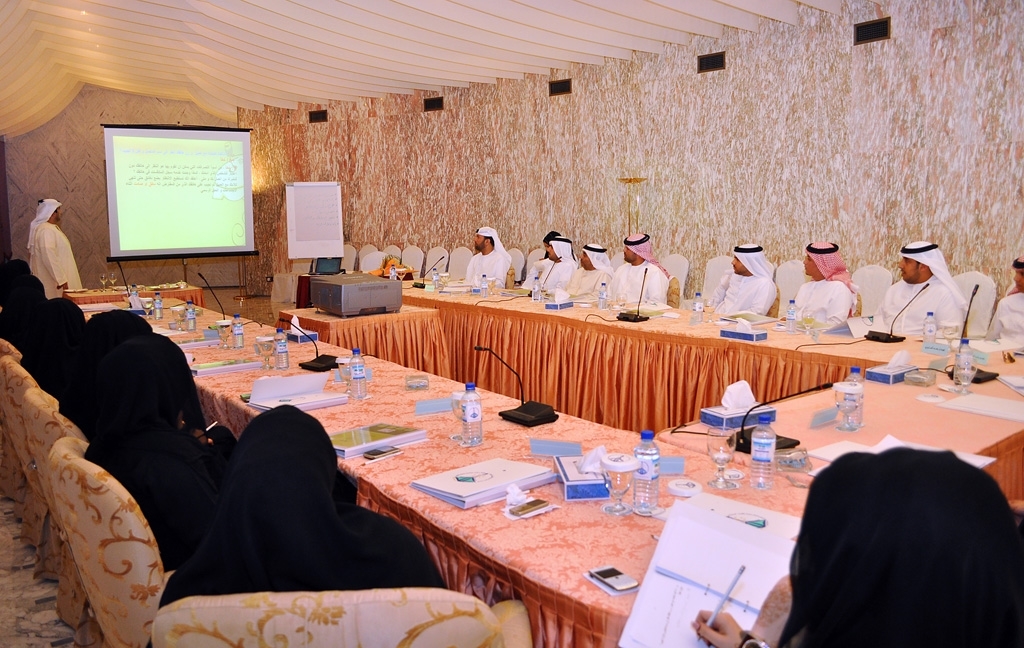
Rate your experience